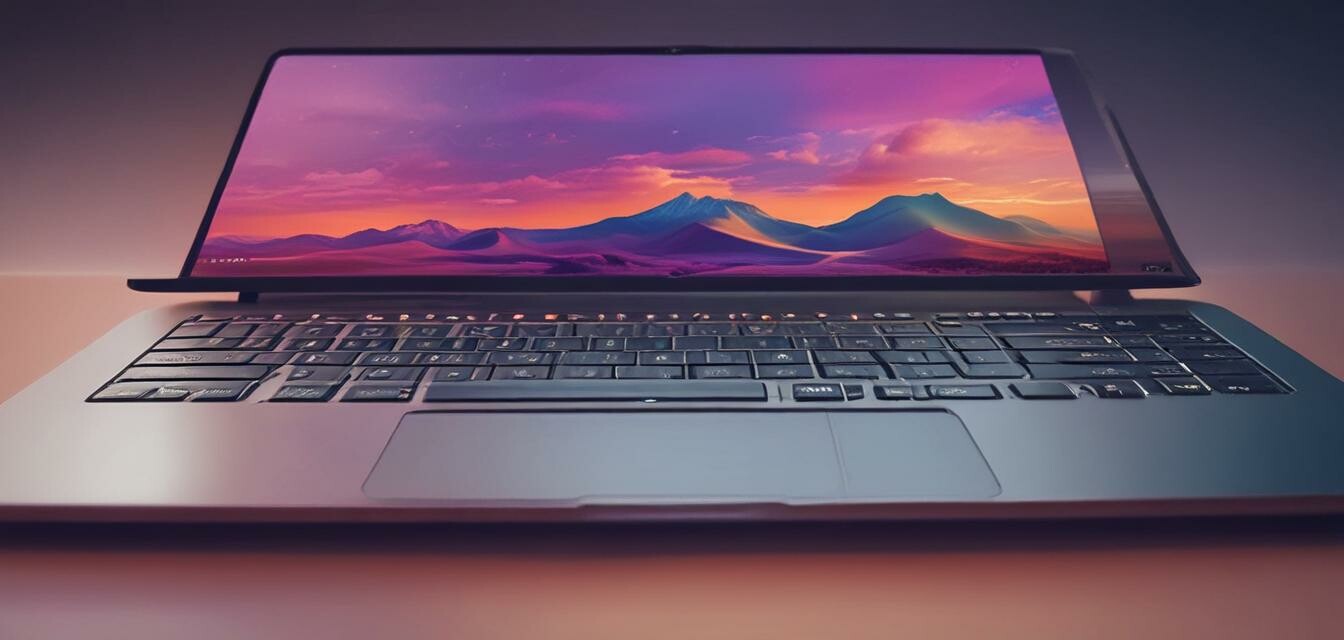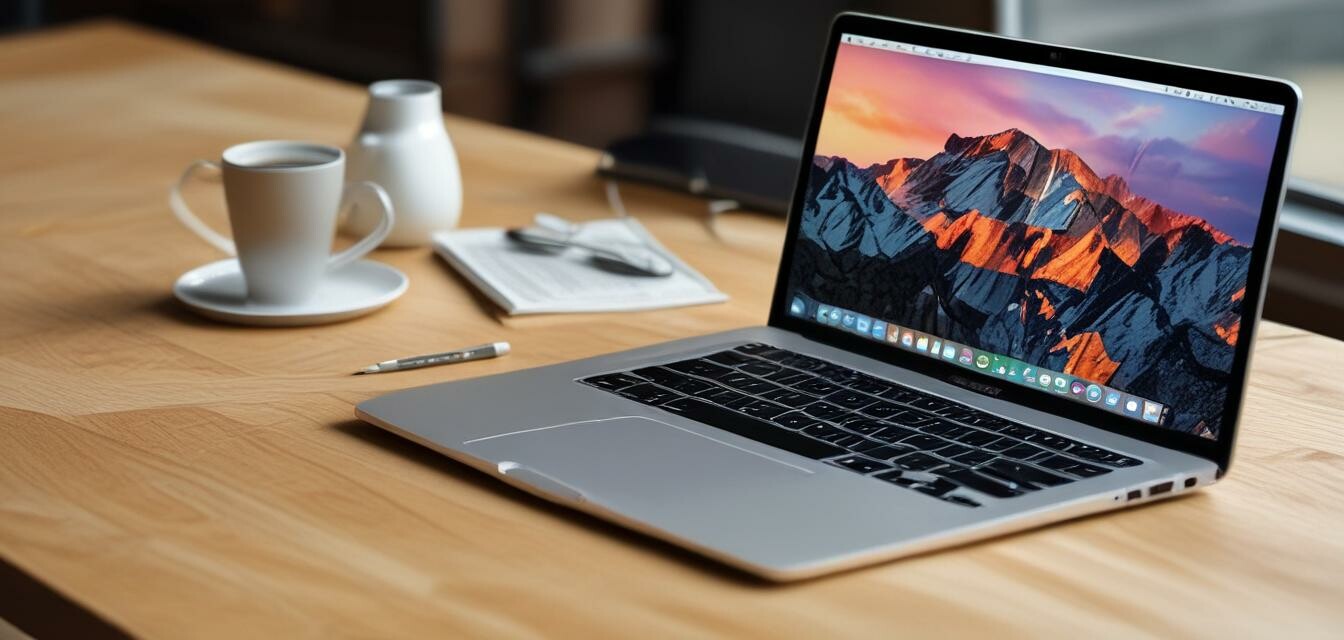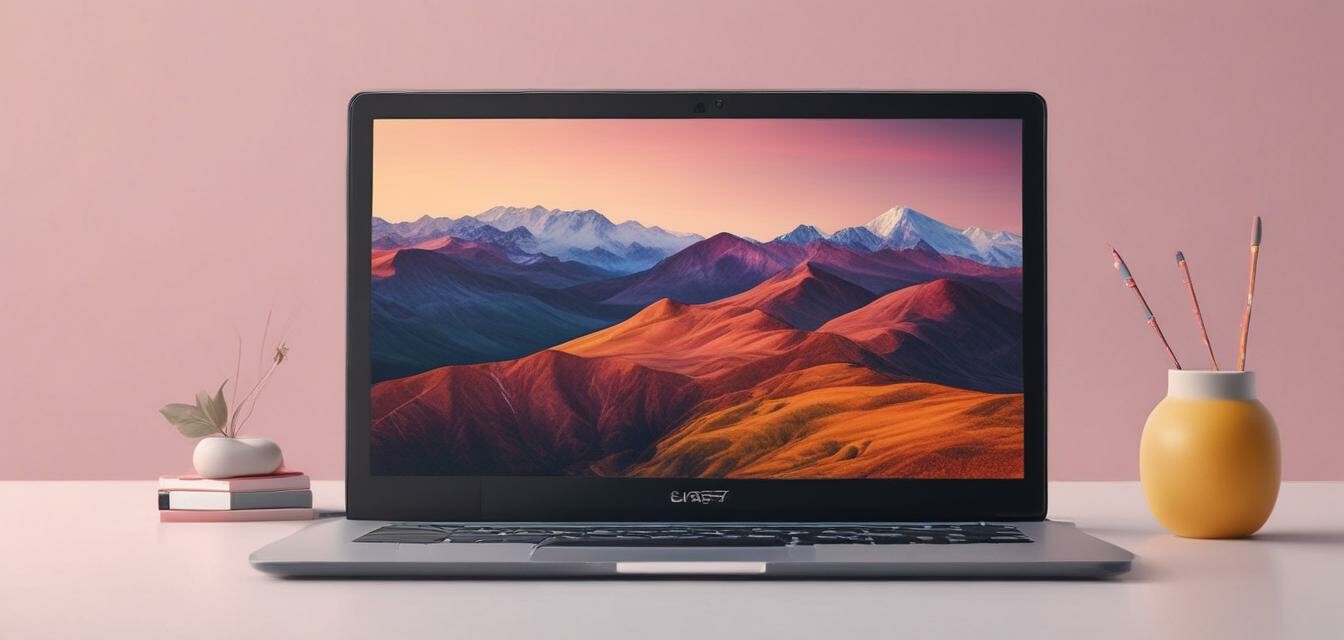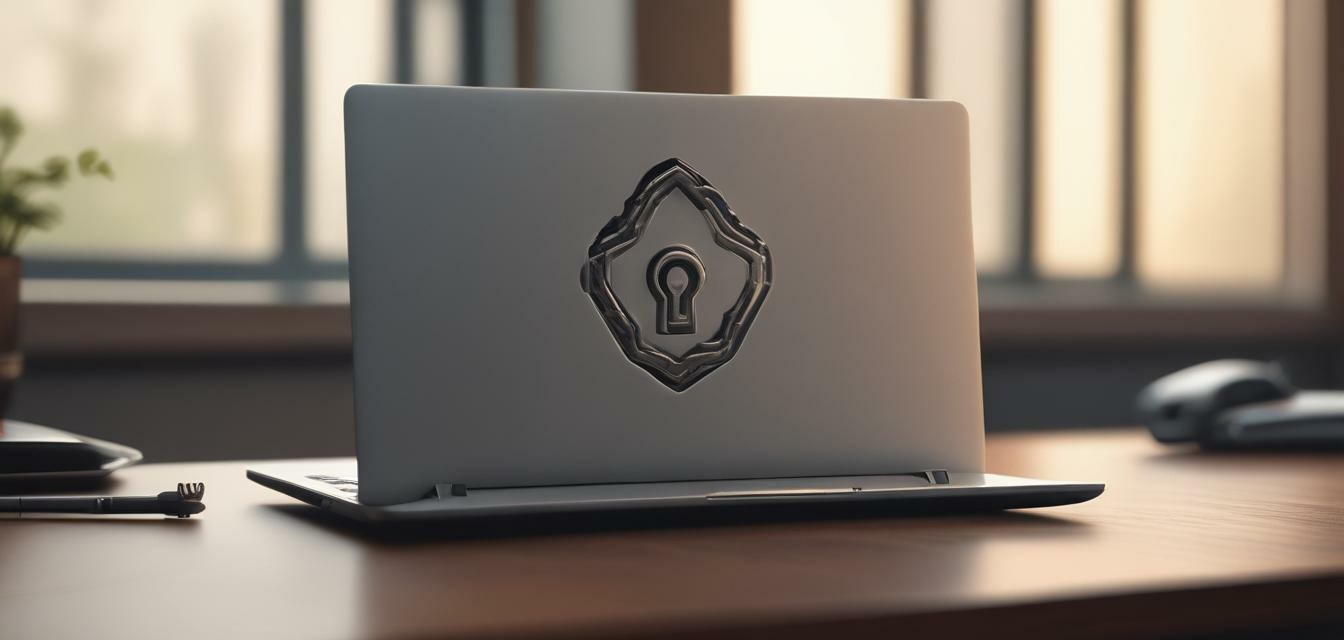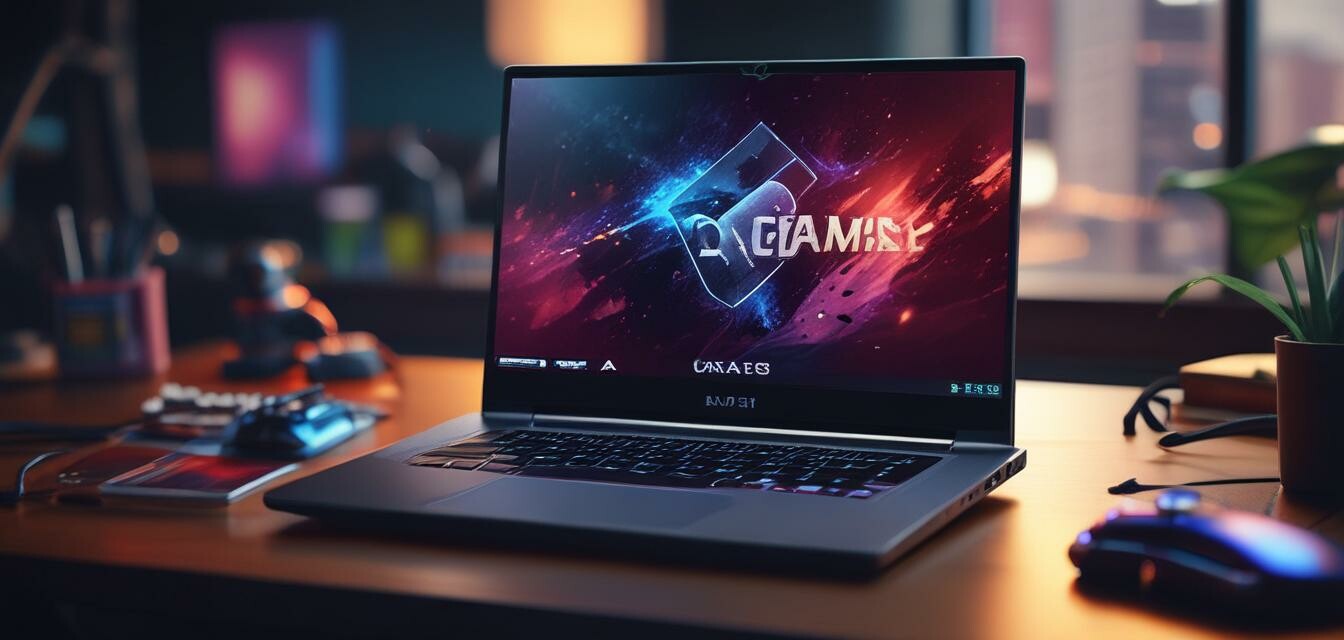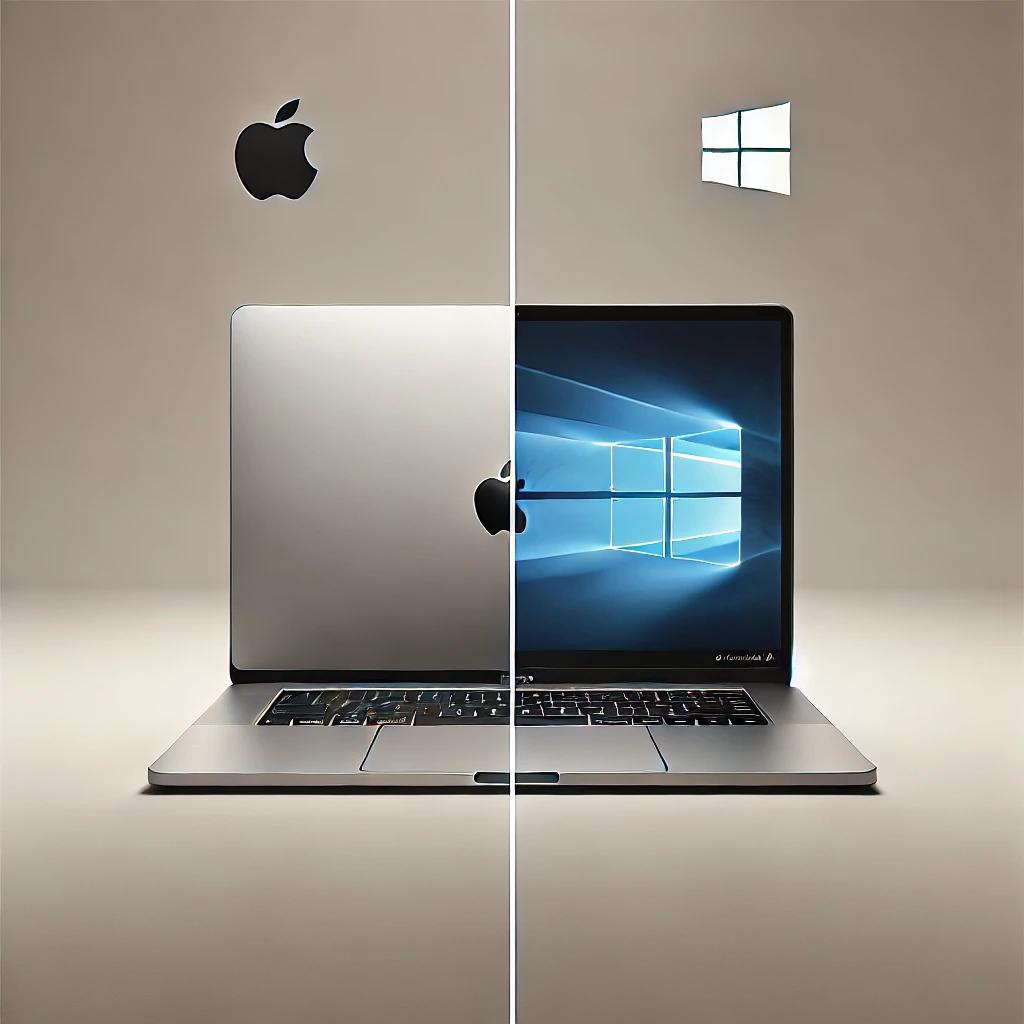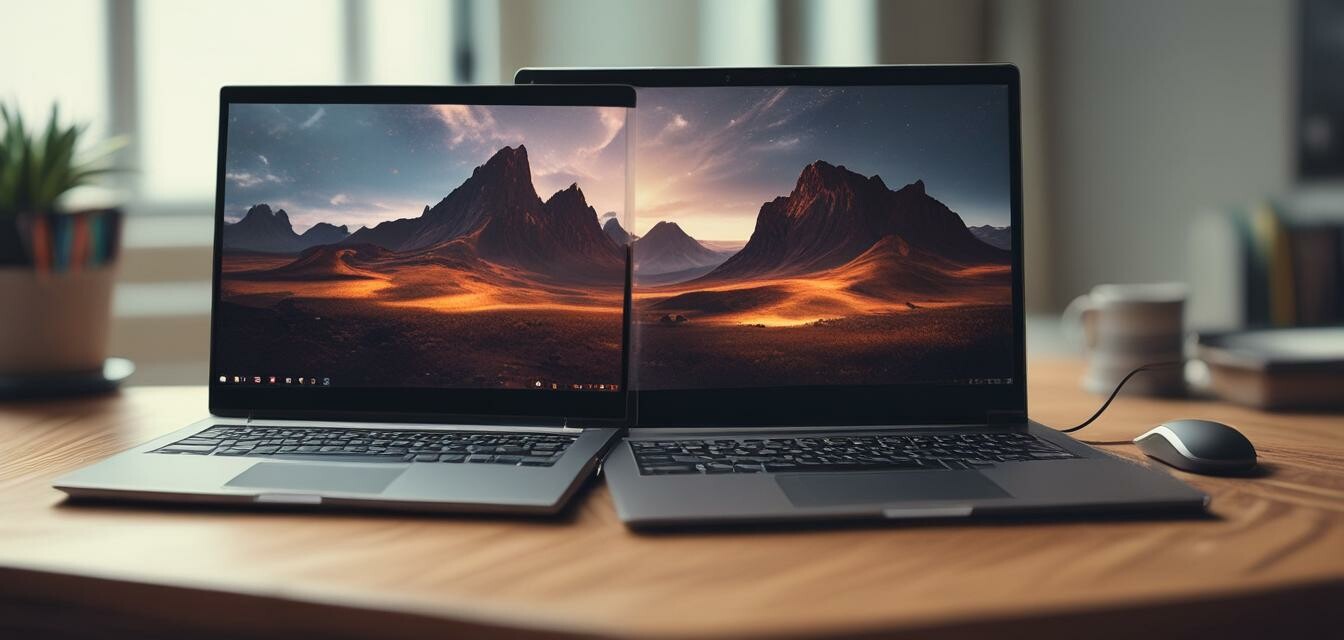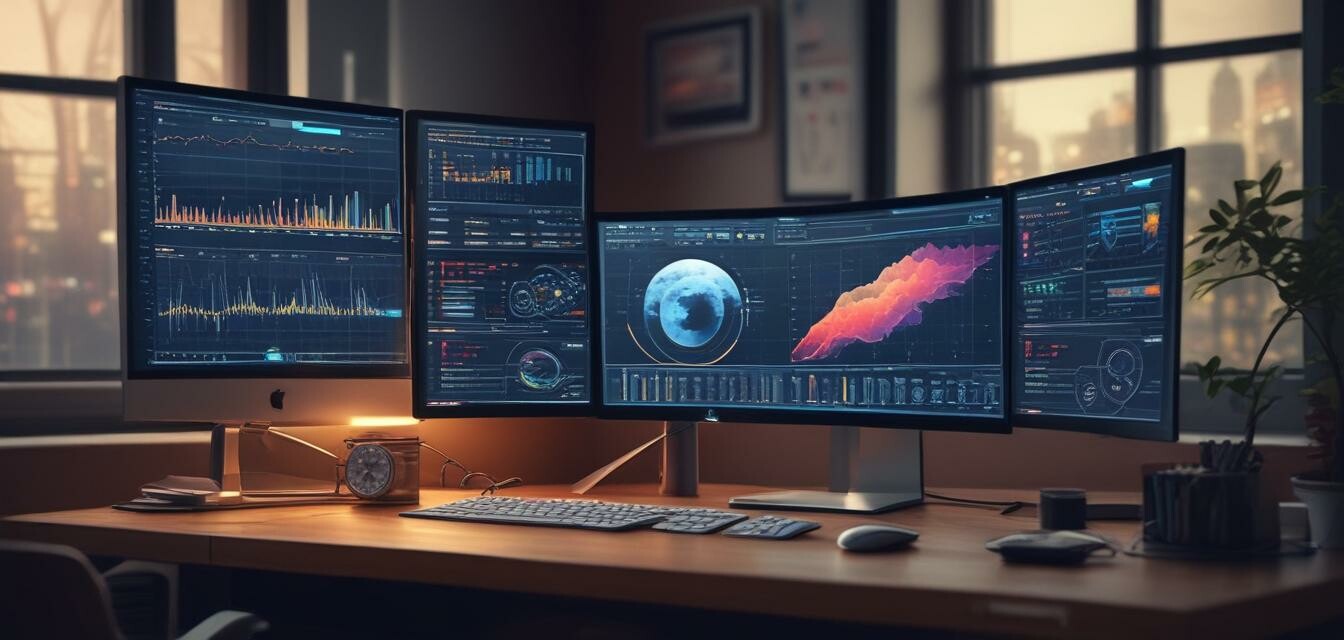
Buying Guide for Laptop PCs
Key Takeaways
- Understand your needs: Identify whether you need a laptop for personal, family, home office, or professional use.
- Consider specifications: Pay attention to processor type, RAM, storage, and battery life.
- Explore different categories: Familiarize yourself with 2-in-1 laptops, budget laptops, gaming laptops, and more.
- Read reviews: Always check product reviews and comparisons to make informed decisions.
- Look for accessories: Don't forget about essential laptop accessories to enhance your experience.
Choosing the right laptop PC can be overwhelming with so many options available on the market. This comprehensive guide will help you navigate the different types of laptops, understand key specifications, and make informed decisions tailored to your needs.
Understanding your needs
Before diving into specifications and brands, it's essential to understand your requirements:
- Personal Use: Ideal for browsing, streaming, and basic tasks.
- Family Use: Suitable for shared usage, gaming, and educational purposes.
- Home Office: Perfect for productivity tasks, video conferencing, and multitasking.
- Professional Use: Designed for heavy applications, software development, and graphic design.
Types of Laptops
Here are some popular laptop categories to consider:
| Type | Description | Best For |
|---|---|---|
| 2-in-1 Laptops | Convertible laptops that can function as both a laptop and a tablet. | Versatile users who want flexibility. |
| Budget Laptops | Affordable options that cover basic computing needs. | Students and casual users. |
| Business Laptops | Built for productivity with enhanced security features. | Professionals and business users. |
| Gaming Laptops | High-performance machines designed for gaming. | Gamers and content creators. |
| Ultrabooks | Slim, lightweight laptops with powerful performance. | Frequent travelers and professionals on the go. |
| Workstation Laptops | High-end laptops designed for demanding tasks. | Engineers, graphic designers, and video editors. |
Key Specifications to Consider
When selecting a laptop, focus on these critical specifications:
- Processor: Choose between Intel and AMD processors based on your performance needs.
- RAM: Aim for at least 8GB for general use; 16GB or more for gaming and professional applications.
- Storage: SSDs offer faster performance than HDDs; consider your storage needs.
- Battery Life: Look for laptops with at least 8 hours of battery life for portability.
Pros and Cons of Buying a Laptop
Pros
- Portability: Easy to carry and use anywhere.
- Versatility: Suitable for various tasks and environments.
- Space-saving: No need for a dedicated workspace.
Cons
- Upgrades: Limited ability to upgrade components compared to desktops.
- Performance: May not match the power of a desktop for high-end tasks.
- Cost: Good quality laptops can be expensive.
Tips for Beginners
Getting started with your new laptop
- Familiarize yourself with the operating system (Windows, macOS, or Linux).
- Install essential software for productivity, security, and entertainment.
- Keep your laptop updated for the best performance and security.
- Consider investing in a good laptop bag to protect your device.
Accessories You Might Need
Enhance your laptop experience with the following accessories:
- Laptop Bags - Essential for transport and protection.
- External Monitors - Ideal for multitasking and larger displays.
- Wireless Mouse - For better navigation and comfort.
- Keyboard Cover - Protects against spills and dust.
- USB Hubs - Expand your connectivity options.
Final Thoughts
Choosing the right laptop PC requires an understanding of your specific needs and preferences. By focusing on the types of laptops, key specifications, and essential accessories, you can make a well-informed decision. With the right laptop, you can enhance your productivity and enjoy a seamless computing experience.
Further Reading
For more detailed comparisons and insights, check out these pages:
- Explore 2-in-1 laptops
- Find budget laptops
- Discover business laptops
- View gaming laptops
- Learn about ultrabooks

